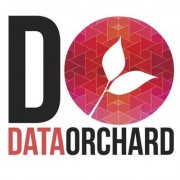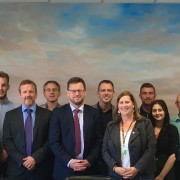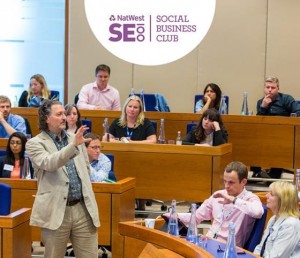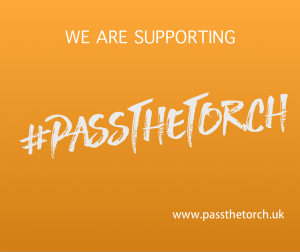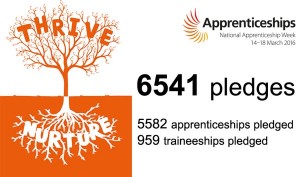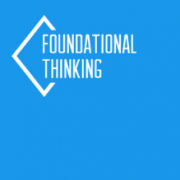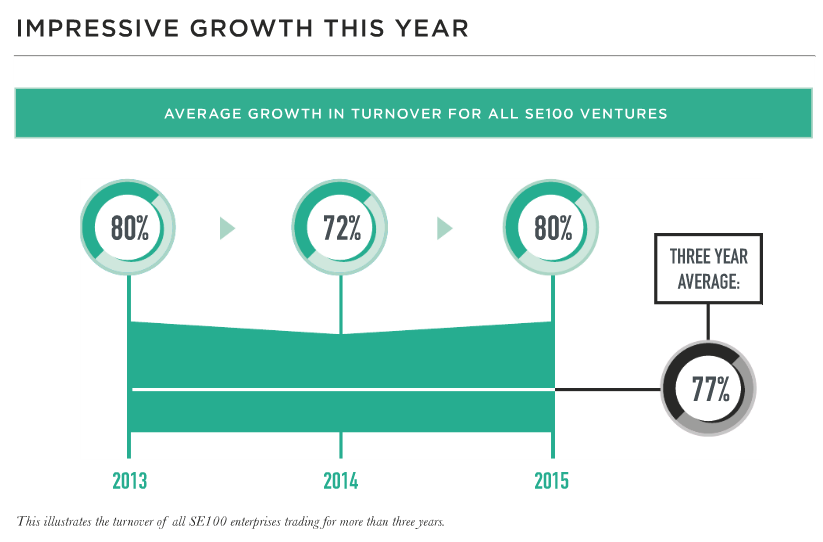As we face an environmental and social crisis, we don’t have the time to slowly push for change, we must demand it, and demand it happens now. Now is the time to send a message to our politicians.
 Through the ‘How do Companies Act’ campaign, we are joining Social Value UK, Social Enterprise UK and other partners to lobby for an update to the Companies Act 2006 to ensure that environmental and societal impact is properly accounted for.
Through the ‘How do Companies Act’ campaign, we are joining Social Value UK, Social Enterprise UK and other partners to lobby for an update to the Companies Act 2006 to ensure that environmental and societal impact is properly accounted for.
Below is an open letter to policymakers in the UK calling for an urgent review of our legal framework that currently prioritises shareholder profit over anything else.
Whether you are a social enterprise, public body, charity, or a traditional business, we hope you sign the letter. We believe it is in the interest of us all to re-design corporate governance and reporting to create a fairer economy and reduce environmental degradation.
This letter comes at a crucial time for the UK. There are rising levels of inequality, a climate emergency and soon to be released research by Oxfam, TUC and the High Pay Centre will reveal the shocking effects of a regulatory framework that prioritises shareholder primacy.
Creating a Companies Act fit for the 21st Century
Dear UK political leaders,
We are a group of organisations that are calling for a fundamental reform of the legal framework for UK businesses and investment. As business leaders and investors, we recognise that action must be taken to address the triple threat of climate change, social division and economic stagnation.
The current legal framework reinforces the status quo wherein (most) companies/businesses are legally bound to report and deliver maximum financial return to shareholders over and above anything else. We believe that certain reforms to the Companies Act should be considered to reflect changing attitudes in society, where most investors (including the general public) do not want to maximise profit if it means causing significant harm to people and the planet¹.
TUC and the High Pay Centre’s new research into the disproportionate levels of profit being extracted for shareholders of the UK’s largest companies confirms what we already know. The economy is rigged to maximise profits for shareholders at the expense of workers, society and the environment. Add to this a backdrop of rising inequality in society.
The ideology of profit maximising for shareholders at whatever the human and environmental cost has to be stopped. Research from Social Value UK has shown that only 15% of the public believe that financial return should be prioritised without concern for people and planet. The Government must get into the driving seat and change the laws that put shareholder profits first, to reform business so that it serves all stakeholders: society, the environment, workers and shareholders.
The most effective way to do this is to change the Companies Act. The principles of this Act date back to the Victorians. We need a modern Companies Act to reflect our 21st Century society.
Firstly, we must reword Section 172 of the Company’s Act which requires directors to put shareholder profits above all other interests. There is a growing movement, from academics such as the British Academy to business leaders, that believe we need to change this wording to put social, environment and employee interests on an equal footing with shareholder profit (interests).
Secondly, to hold businesses to account for their social and environmental impact we need to change Section 396, which states that a company’s accounts are required to ‘give a true and fair view of the state of affairs…[and] of the profit and loss of the company’. Social Value UK has proposed that the true and fair view is re-defined within the Act to reflect contemporary investor motivations which (obviously) includes financial return but also includes an interest in the effects their investment has on other stakeholders such as employees, communities and the environment.
Thirdly, we propose bringing back the requirement for businesses to state and act with a purpose that includes more than just maximising financial profit. Alternative forms of business, such as social enterprise and employee-owned businesses, are outperforming their peers. Workers are paid decent wages and these organisations do not extract maximum profits out of communities. They reinvest their profits to benefit employees, society and the environment. They have written a social or environmental mission or purpose into governing documents so that they can be held to account and contribute to a more inclusive economy. They make sure their stakeholders have the power to hold us to account to our mission – for example by having employees or other representatives on our board. These are lessons that all businesses can learn from.
Policymakers must be ambitious about the kind of economy we need. Tinkering around the edges is no longer enough. We need thorough and fundamental reform of the laws that govern our businesses if we want to tackle the challenges that we face as a society and as a planet.
We’ve heard a lot of rhetoric from government and business about ‘social purpose’, ‘social value’ and regaining their ‘licence to operate’. Experience tells us that action speaks louder than words.
The time has come for a new approach to company law to reset our economy for the 21st Century.
Yours sincerely,
The undersigned
[1] https://www.gov.uk/government/publications/investing-in-a-better-world-results-of-uk-survey-on-financing-the-sdgs
This letter has been drafted by Social Value UK in collaboration with Social Enterprise UK and Social Enterprise Mark CIC, with support from a range of partners and members representing business, social enterprise and charity sector.

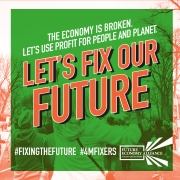
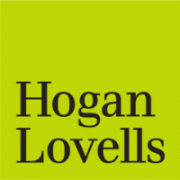

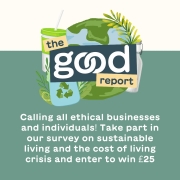

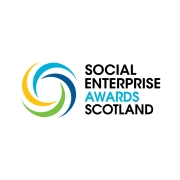
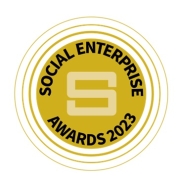
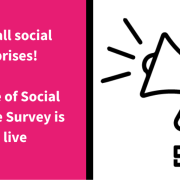

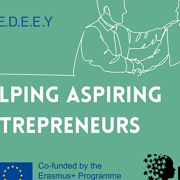
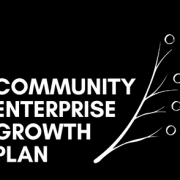

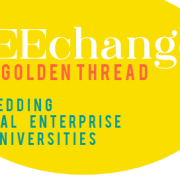
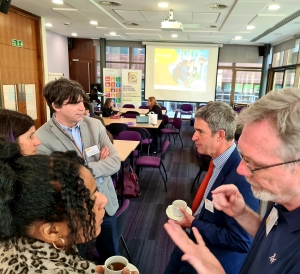
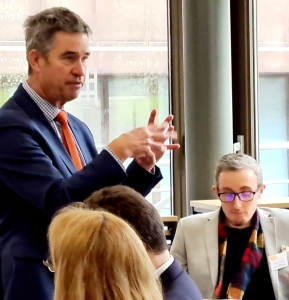
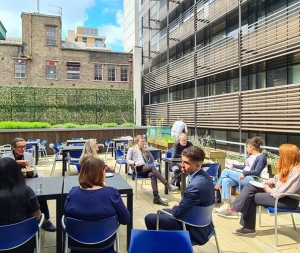


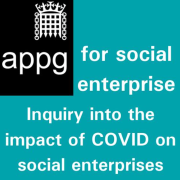
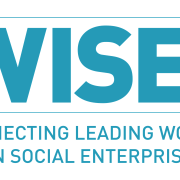
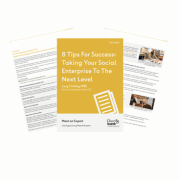
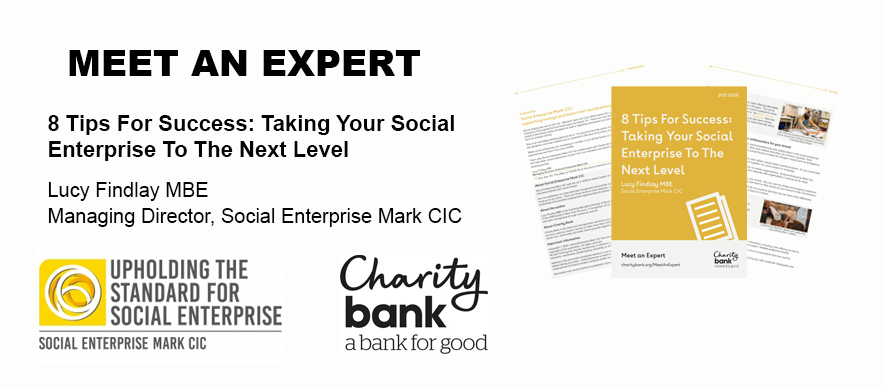




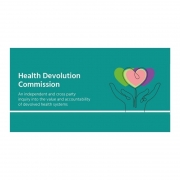
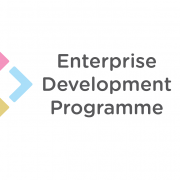



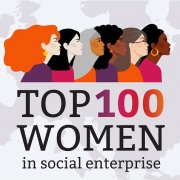
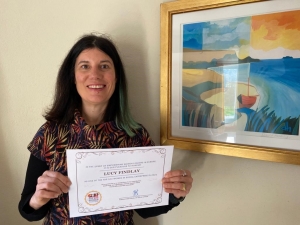



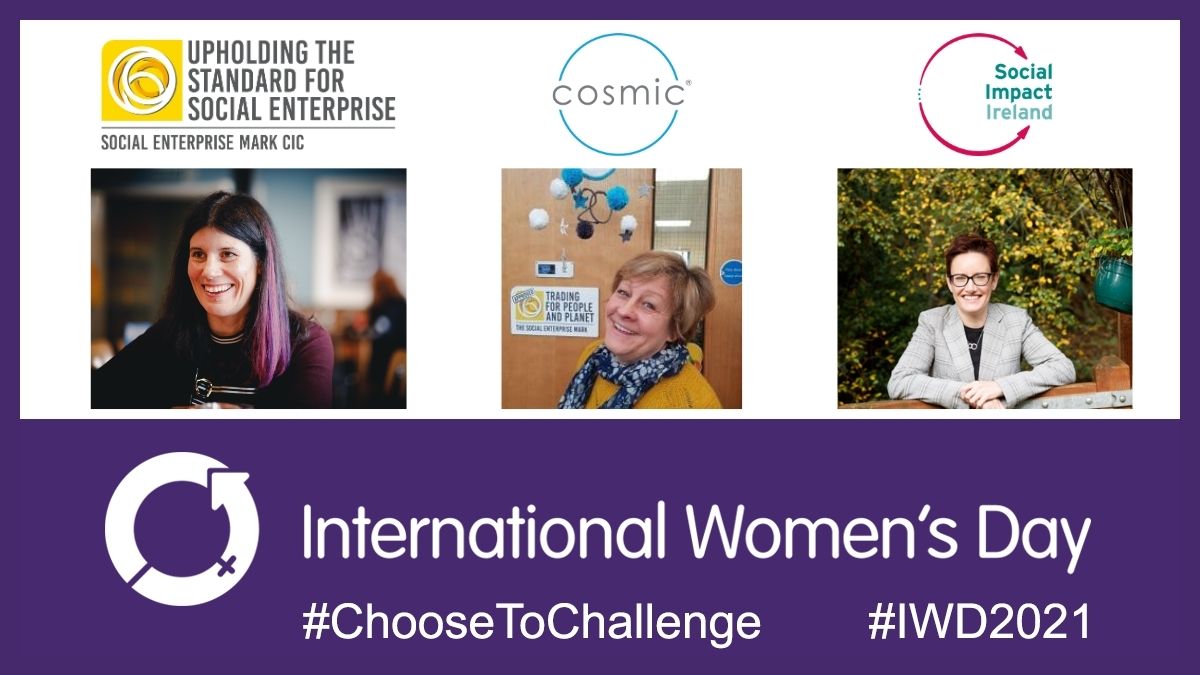
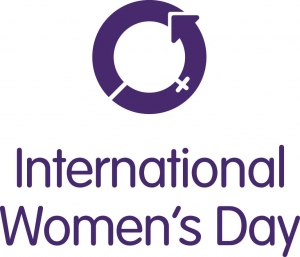
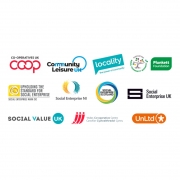
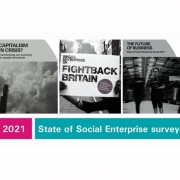
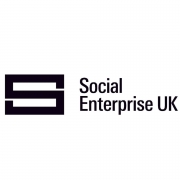


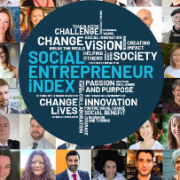
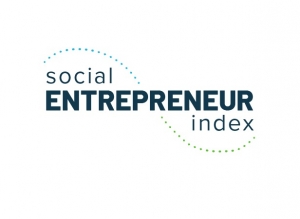
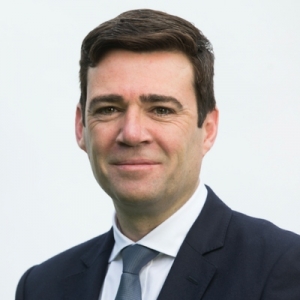
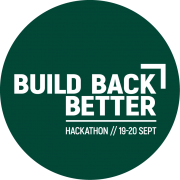

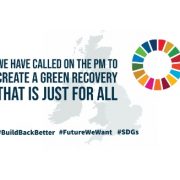
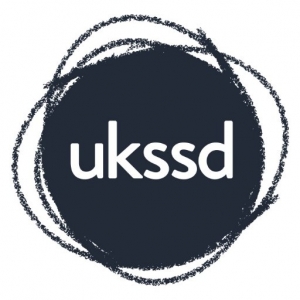



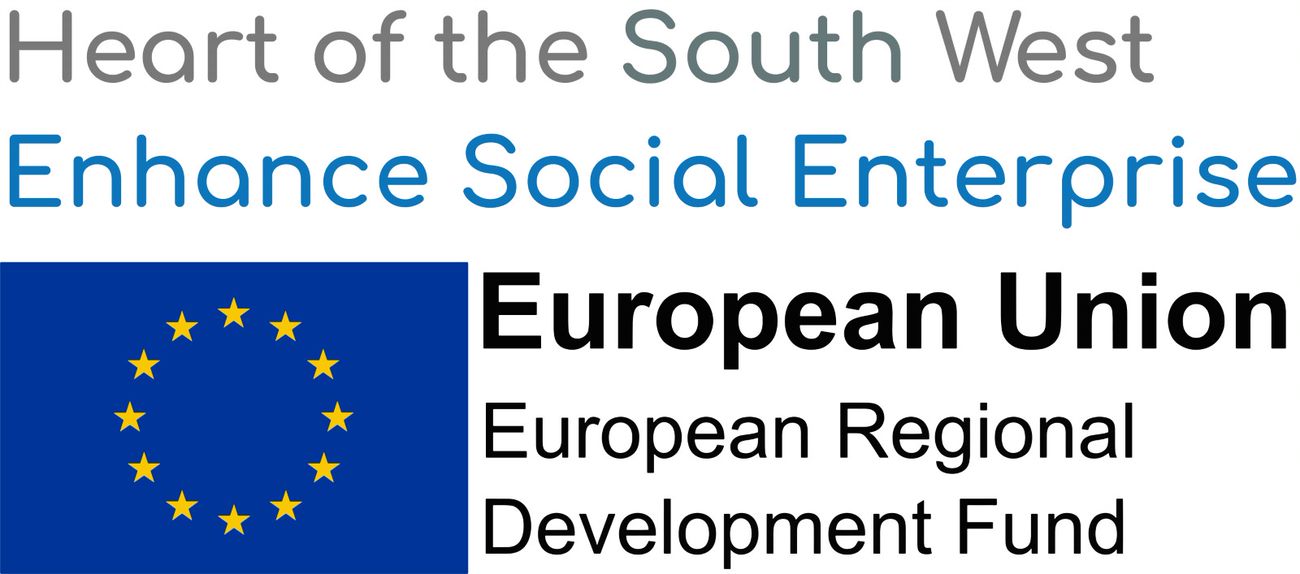

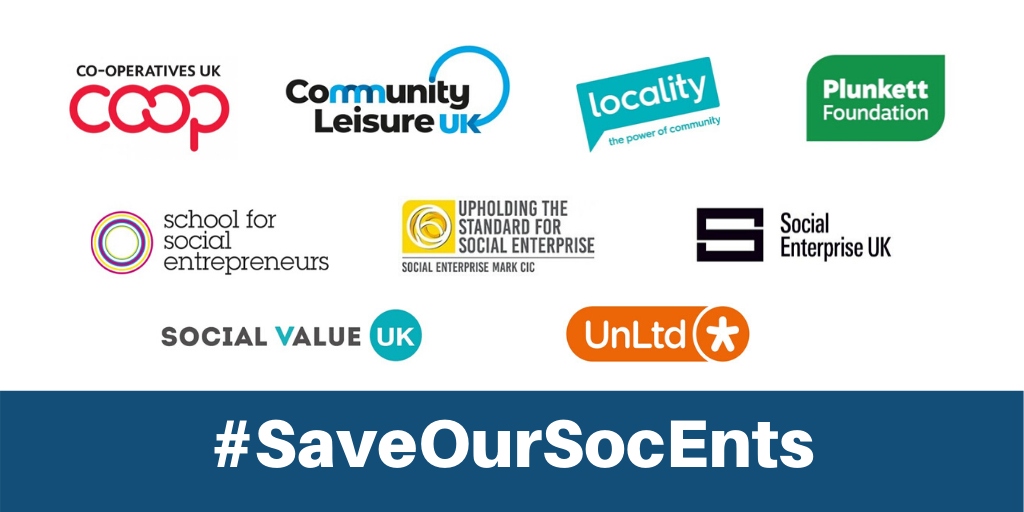

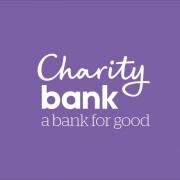

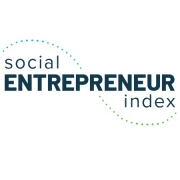

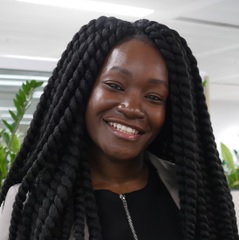

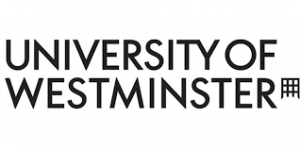
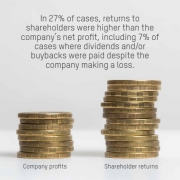
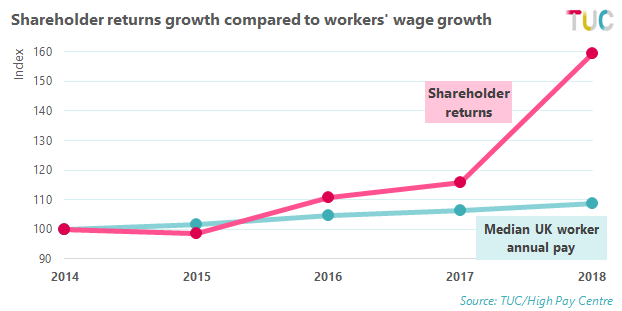


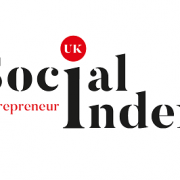
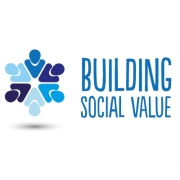
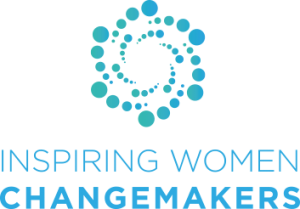


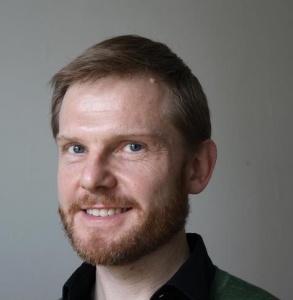

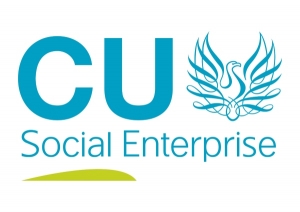
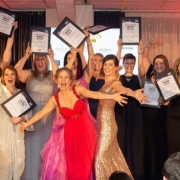
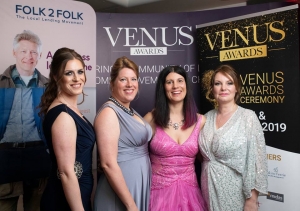
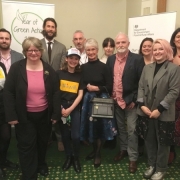
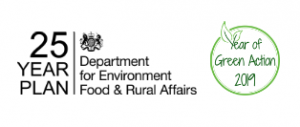
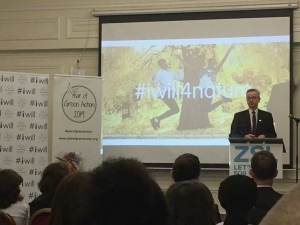
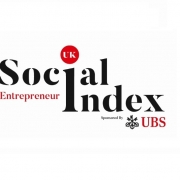

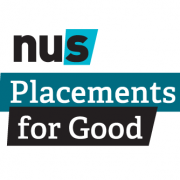

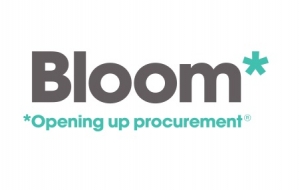

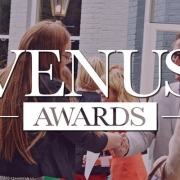


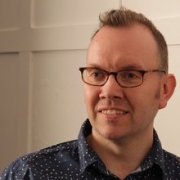
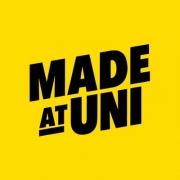

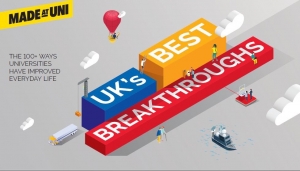
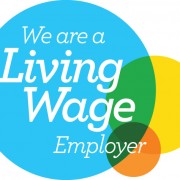
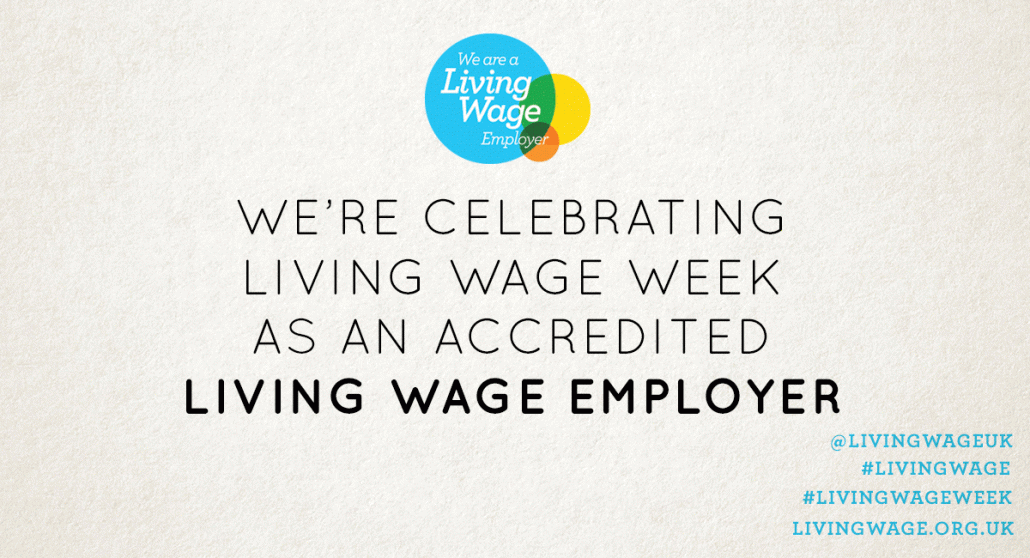

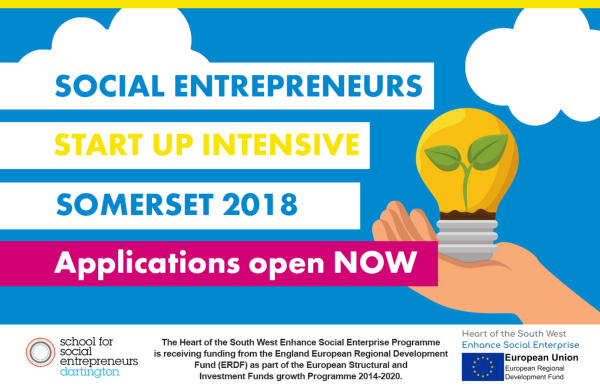
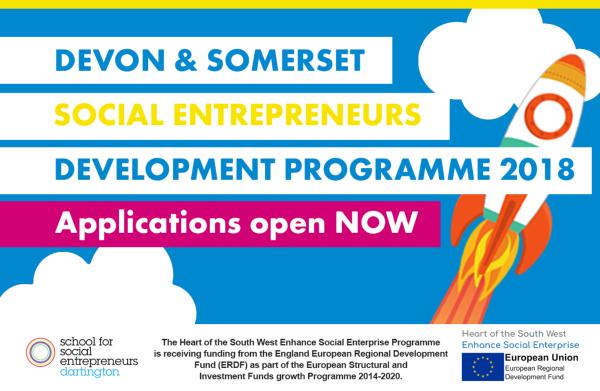
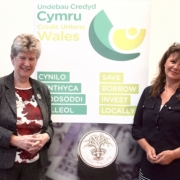

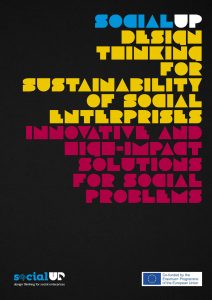
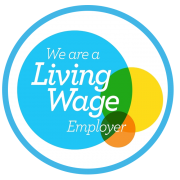

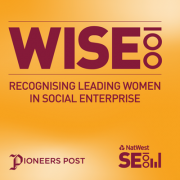


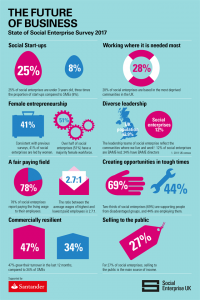
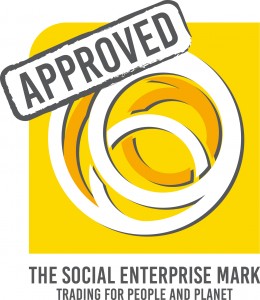

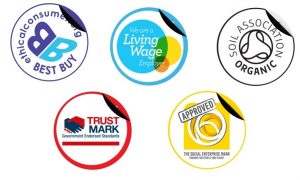
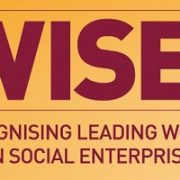








 WANTED: Bosses on a mission!
WANTED: Bosses on a mission!
